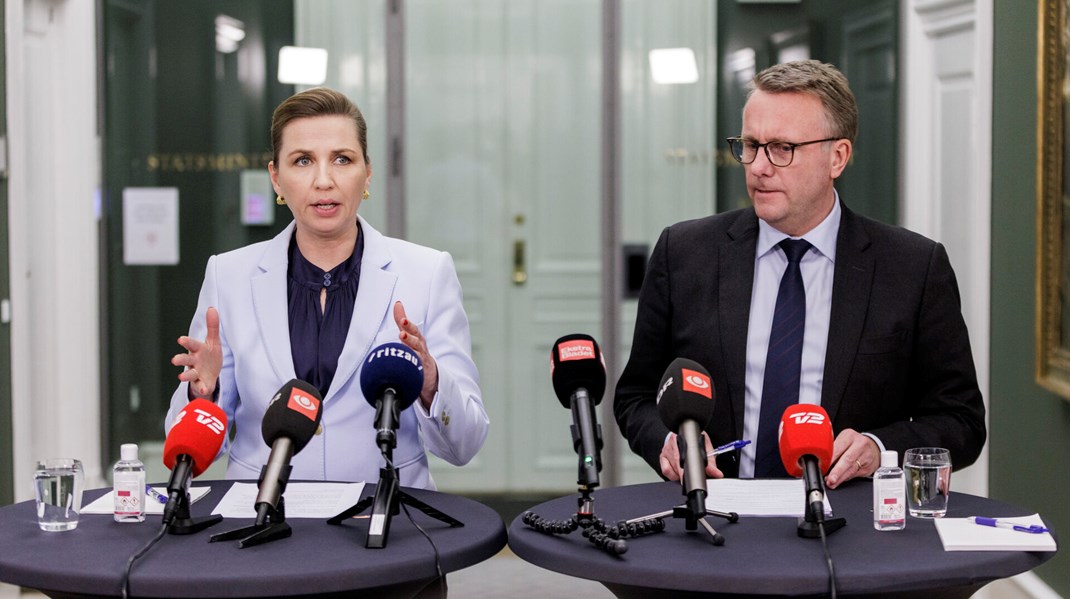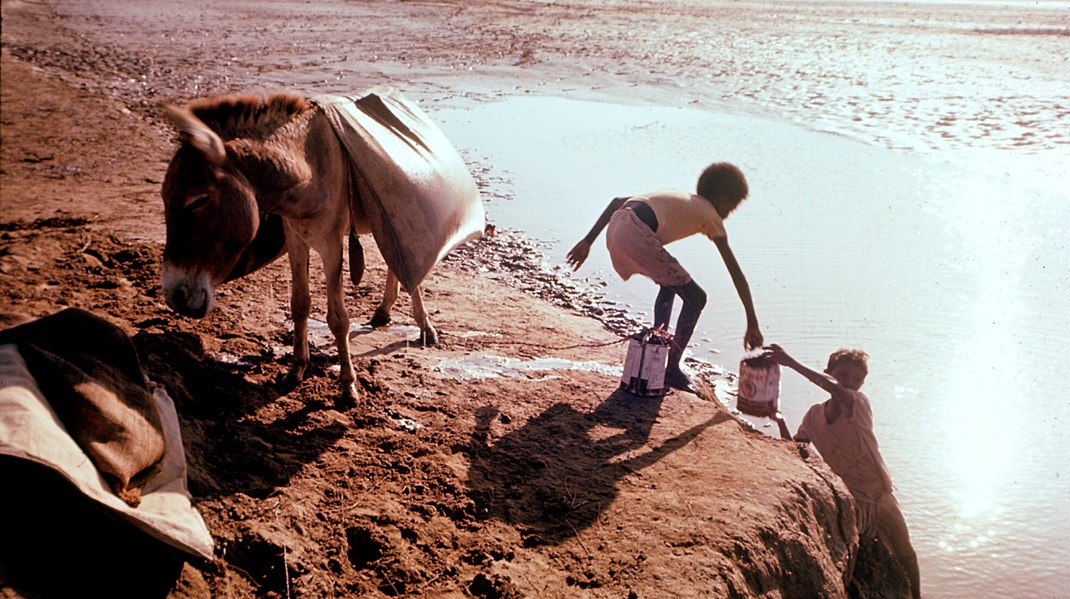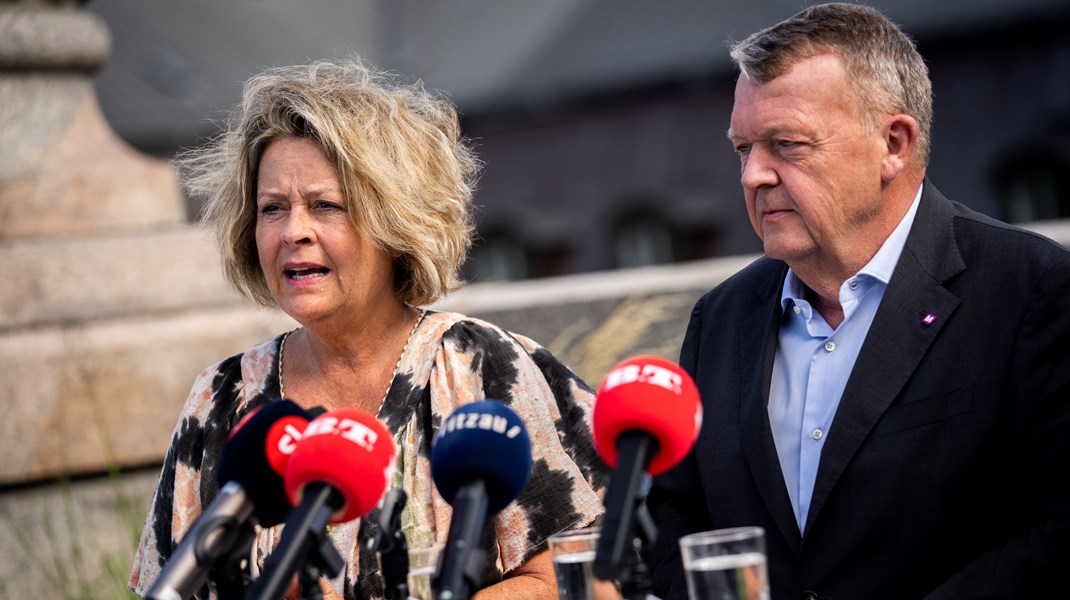Myanmar refugees living a life of uncertainty in Bangladesh camps
By Raqibul Alam, IFRC
Just a few months ago, 10-year-old Rameda Begum had a normal life growing up in Rakhine state in western Myanmar. She went to school, played with her friends and enjoyed the company of her family. Now, like thousands of other children who fled an upsurge of violence in northern areas of Rakhine, Rameda is living a life of uncertainty in a makeshift camp in the district of Cox’s Bazar in neighboring Bangladesh. She has no clear news about her home, or when she could return.
Rameda left Rakhine with her Grandmother. Their journey to Bangladesh took several days, as they had to hide in the jungle during the day to avoid detection. They arrived in Cox’s Bazar after crossing a river bordering the two countries.
Living in the camp, Rameda is unable to continue her studies. Her dream is to finish school and become a teacher.
“People need to show respect to each other, and I want to help others and encourage people to acquire knowledge and values so that they can live a peaceful life,” she says.
Two days ago, Rameda’s grandmother received relief supplies including food items like rice, flour, sugar and non-food items like blankets from the Bangladesh Red Crescent Society. Since October 2016 approximately 74,550 people have arrived in Cox’s Bazar. Most are living in poor conditions in overcrowded settlements and are largely dependent on humanitarian aid. The shortage of food, clean water and medical services is taking a toll on the displaced communities. The majority of the newly displaced are women and children – and there are reports of both gender based violence and child protection concerns.
“I feel safe here in the camp, but at the same time, I want to go back to my country,” says Rameda. “I have already lost my mother. I don’t want to lose any other family members. I want to see my father and brothers, and I want to live a normal life.”
On 20 March 2016, the International Federation of Red Cross and Red Crescent Societies (IFRC) launched a 3.2 million Swiss Francs emergency appeal in support of the Bangladesh Red Crescent Society’s efforts to address the most urgent humanitarian needs of the newly arrived migrants in Cox’s Bazar.
The appeal will focus on providing food aid and other emergency relief items including shelter materials, clean water, sanitation and health care for 25,000 people over a nine-month period. The Bangladesh Red Crescent will provide psychosocial support and child-friendly, safe spaces for children like Rameda. Red Crescent volunteers and medical teams are also working with other humanitarian agencies on creating awareness amongst the migrant population on Gender Based Violence referral services.


